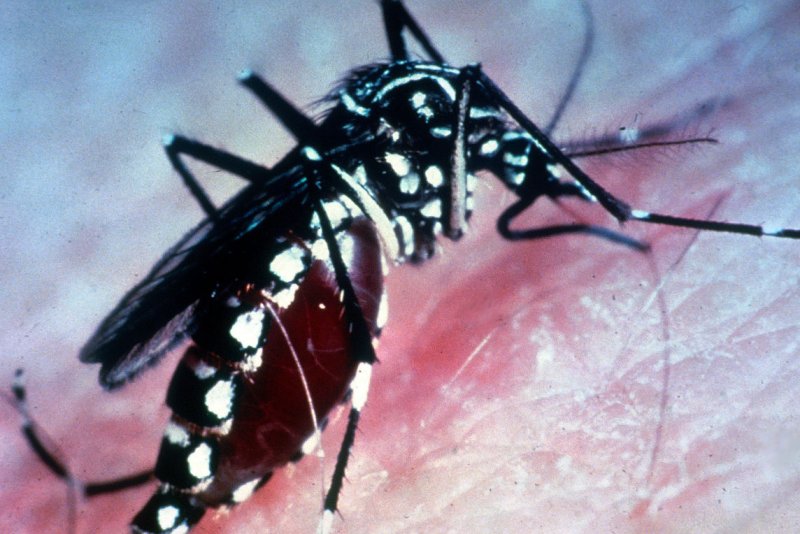Sept. 19 (UPI) -- Mosquitoes can ingest microplastics and carry them into new food chains and ecosystems, according to a new study.
"By studying mosquitoes, we have found a previously unknown way for plastic to pollute the environment and contaminate the food chain," Amanda Callaghan and Rana Al-jaibachi, both researchers at the University of Reading, wrote in a blog post for The Conversation.















